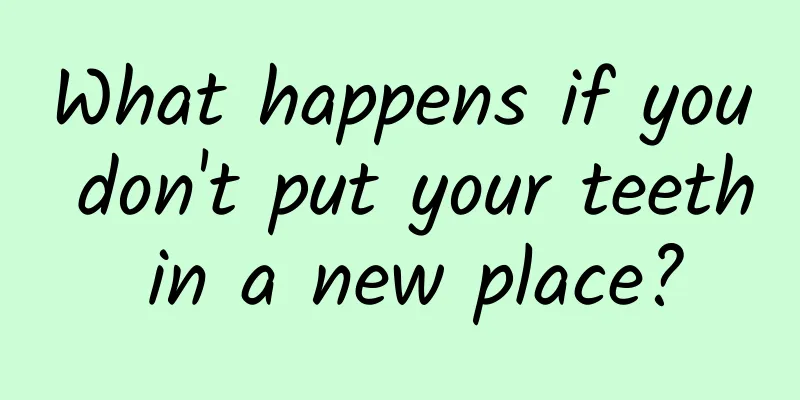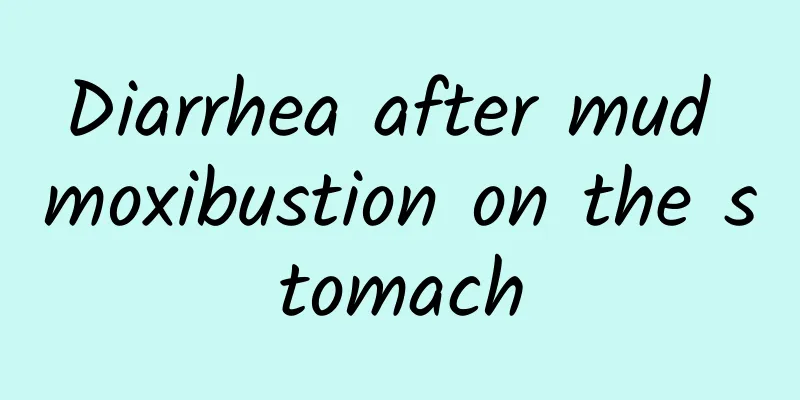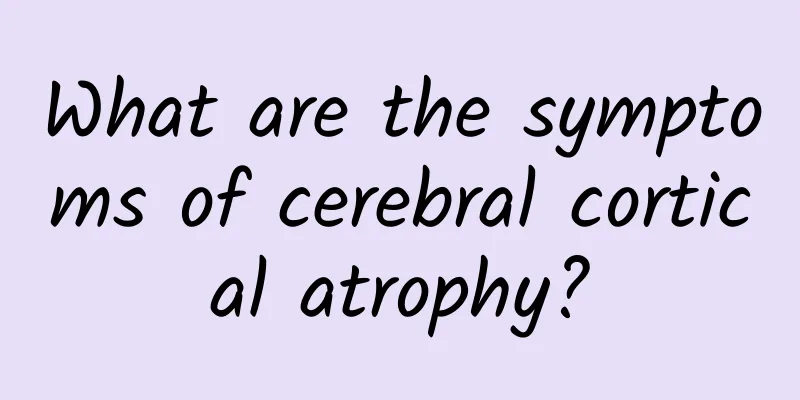What happens if you don't put your teeth in a new place?

|
Complete teeth are very important, but in daily life, we always encounter various factors that lead to tooth loss. When you first lose a tooth, you will feel some obvious discomfort, but as time goes by, you will gradually get used to it. However, after a tooth is extracted, it is best to fill it as soon as possible, otherwise it will have a great impact. So, what happens if the tooth is extracted and not replaced? Let’s take a look below. Old face Teeth play an important role in maintaining the appearance of the face, especially the front teeth, which have a great impact on facial beauty. Missing front teeth can make a person look less youthful and older. In addition, when most or all teeth are missing, the cheeks lose support and sink inward, the lips are no longer plump, facial wrinkles increase, nasolabial grooves deepen, the corners of the mouth sink, and the face appears visibly aged. Gastrointestinal involvementAfter teeth are lost, the first thing that deteriorates is the chewing function, and the extent of the impact is related to the location and number of missing teeth. Missing front teeth will affect the ability to bite off food, while missing back teeth will affect the ability to grind food. When the chewing function is reduced, food that has not been fully ground and mashed will directly enter the gastrointestinal tract, which will greatly increase the burden on the digestive system and affect the absorption of nutrients. If this continues for a long time, it may even cause digestive system diseases. In addition, if all teeth are missing, it will be difficult to close the lips firmly and swallowing food will become difficult. The remaining teeth sufferedWhen a tooth is missing, the task of chewing falls on other teeth. At the same time, due to the existence of the gap left by the missing tooth, the adjacent teeth also lose their restraint and support, which greatly increases the burden on the remaining teeth. If it is not repaired for a long time, it may cause the adjacent teeth to tilt and the teeth that occlude with them to elongate, which may lead to caries and periodontal disease, further aggravating the damage to the remaining teeth. When there are fewer remaining teeth, they will bear too much bite force, which will cause rapid loss of alveolar bone, loosening of teeth or even falling out. The longer the missing teeth are and the greater the number of missing teeth is, the greater the impact will be on the remaining teeth. Unclear pronunciation Missing teeth, especially missing front teeth, can cause unclear pronunciation, commonly known as "speaking with a leaky tongue." Unclear pronunciation can have a significant impact on patients’ communication activities and even affect their mental health. Joint injuries After a tooth is missing, the chewing function of the missing tooth side is reduced, and the patient may develop the habit of chewing only with the other side. In addition, if the number of missing teeth is large or the missing time is long, the remaining teeth may be tilted or elongated, causing occlusal interference and resulting in a disordered occlusal relationship. These will affect the stability of the temporomandibular joint and cause joint damage. |
>>: What happens if you don't fill your lost teeth?
Recommend
Is foot odor a disease?
Maybe many of you don’t have a good understanding...
Diet therapy for wind-heat cold
There are many types of colds, the most common on...
What are the ways in which genital herpes virus is transmitted?
There are more than 50 types of herpes viruses di...
Pain on left side of throat
Sometimes our throats often hurt, and sometimes t...
Can pregnant women use induction cookers?
Induction cookers are commonly used kitchen appli...
Six month old baby always scratches his head
By the time a six-month-old baby reaches the age ...
What is rubella?
Speaking of rubella, many friends don’t know what...
What should I do if my child hasn't had a bowel movement for two days?
If the child has not had a bowel movement for two...
10 Chinese medicine foot bath secret recipes
Nowadays, due to the pressure from society, when ...
Composition and efficacy of Daqinglong Decoction
Our side should use Ma Huang Tang to increase the...
What to do if you fracture your femur? This treatment is effective!
The femur is the connection between the leg bones...
What to do if you have toothache during 6 months of pregnancy
Many people have been tortured by the symptoms of...
What can't you eat when you have erysipelas? Stay away from foods that easily cause inflammation
Erysipelas is caused by inflammation, so you must...
What are the taboos of drinking Huanglian soaked in water?
Many people in our lives know a proverb that goes...
Difference between eczema and neurodermatitis
Skin diseases often manifest as skin inflammation...









